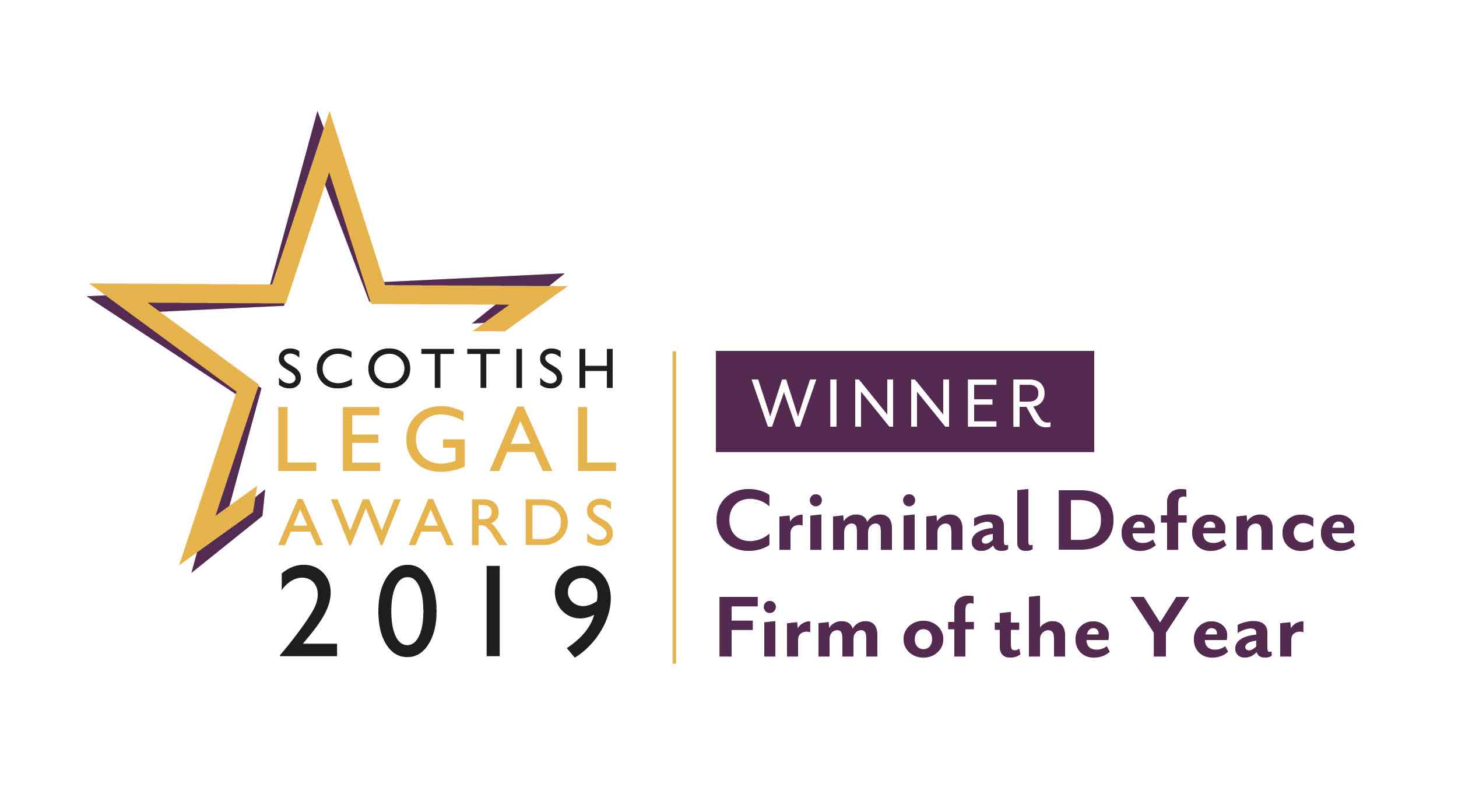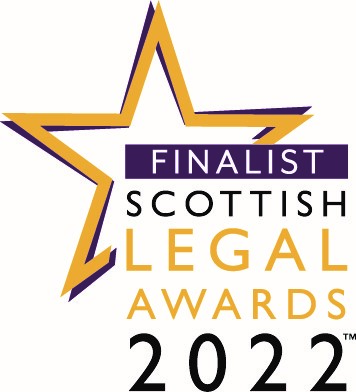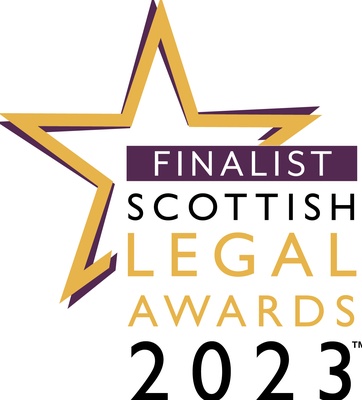Call us now: 0141 429 8166
Call us now: 0141 429 8166
Communications between a client and their solicitor are generally confidential and attract Legal Professional Privilege, or LPP. LPP is a much stronger protection than applies to other confidential communications. For example, a court can order disclosure of confidential medical records, but it doesn’t have the power to force disclosure of truly privileged legal communications.
The concept of LPP is not always well understood. It comes from the common law, meaning there is no Act of Parliament that sets its parameters. There have been relatively few reported decisions of the Scottish courts. In the past, decisions often used the word ‘confidentiality’ to refer to what we now understand to be privilege.
Helpfully, the UK Supreme Court recently indicated that the law of privilege in Scotland was substantially the same as in England, where there has been much more in the way of judicial consideration. Some recent Scottish cases have also helped to clarify the position.
If you require assistance with this area of the law, it is vital that you get specialist criminal legal advice as soon as possible. Call our criminal defence lawyers today on 0141 429 8166 or by completing our online contact form.
LPP can often be a source of difficulty in complex criminal investigations, particularly in the field of financial or white-collar crime. When carrying out searches, the police will commonly recover material which may attract privilege. Many business transactions, for example, take place with near-constant legal advice being obtained and acted upon. What happens, then, if the police seize a large quantity of material, some of which may include or refer to that legal advice?
Until recently, search warrants granted by the Scottish courts made no provision for what to do with privileged material. Police officers were not always familiar with the concept; even prosecutors could find it difficult. That created the real risk that privileged material would just be treated like every other piece of evidence: read, taken into account, disclosed and used in evidence.
Following a series of critical decisions by the courts, police, prosecutors and judges (in particular sheriffs granted warrants) should now be much more aware of the issue of LPP during criminal investigations. Warrants where privileged material may be recovered should make provision for its recovery – usually a variant on the ‘blue bag’ concept, where potentially privileged material is segregated and not reviewed until some judicial determination of whether it is truly privileged is made. But that still leaves a number of questions. What if it’s not obvious to the investigator, prosecutor or judge that privileged material might be recovered? How do the police work out whether something is potentially privileged without looking at it? What should be done with, for example, a computer, that might contain thousands of documents, some of which are privileged?
Any individual or company in this situation needs to get urgent and effective advice. Livingstone Brown have experience of acting in such situations for both accused and third parties affected by such investigations. Our work has included negotiating privilege agreements with the police and Crown, as well as successfully petitioning the court to reduce (strike out) warrants that do not make adequate provision for privilege.
As Scottish lawyers, Livingstone Brown helps clients who come into contact with the Scottish criminal justice system. The firm conducts cases across the country, but its clients come from all parts of the UK and beyond.
To find out more, contact us on 0141 429 8166 or complete our online enquiry form.
Long a common-law crime in Scotland, bribery was seldom prosecuted and only rarely mentioned. Then in 2010 came the Bribery Act – a radical piece of UK legislation that has completely transformed attitudes to gift-giving and the use of financial incentives in a business context.
At its simplest level, the Bribery Act codified an existing common law crime. But it went much further than that. It introduced a new offence of bribing foreign public officials and allowed the UK courts to prosecute for foreign acts of bribery provided the accused had a connection to the UK. It also created a corporate offence of failing to prevent bribery. Arguably, this provision has had the most significant effect – introducing a new culture of compliance into boardrooms, with companies preferring to self-report and reach civil settlements with the Crown rather than face the risk of police investigations and possible prosecutions.
The corporate failing to prevent charge in the Bribery Act represents a new strategy by the Government, which has since been replicated in the Criminal Finances Act 2017 to encourage self-investigation and self-reporting in complex financial-type cases. Resources being what they are, it is in reality challenging for the police to thoroughly investigate complex financial cases, particularly those with elements in various jurisdictions. A company, which knows its own staff and processes, and doesn't require to get warrants, has a much better chance of understanding the sequence of events that led to a suspicious transaction. If the company then reports the outcome of its investigation, the Crown is in an ideal position - it has the fruits of a well-resourced inquiry without any of the costs being borne by the state.
When a company self-reports, it is usually with a view to reaching a civil settlement: an agreement to pay a certain sum to the Crown, in return for not being prosecuted. There are no guarantees: in certain circumstances, the Crown may respond to a self-report by ordering a police investigation and thereafter prosecuting. However, only a handful of Bribery Act cases have been prosecuted around the UK. Unlike in England (which has a system of deferred prosecution agreements) there is no judicial input in the civil settlement process.
Companies who discover acts of bribery within their organisation should urgently secure legal advice. An investigation carried out by criminal defence solicitors will be protected by legal professional privilege; one carried out by the company's own staff will not. It is also important to remember that individual members of staff may require independent legal advice, as their interests may well conflict with those of the company.
Stuart Munro, head of Livingstone Brown's Criminal Litigation department, has experience of advising clients (both corporate and individual) on bribery investigations. These are highly sensitive situations which require complete confidentiality. Livingstone Brown's size allows appropriate staff to be deployed immediately, where required.
To find out more about the service the firm can offer in bribery cases, contact Stuart Munro for a confidential discussion on 0141 429 8166 or complete our online enquiry forn.
In recent years, Livingstone Brown has acted in several high-profile financial crime cases.
Fraud cases tend to be evidentially complex, but at their heart is a simple question: did the accused make a deliberately false statement to cause a particular outcome? That simple question can often become lost, especially where the context is a relatively specialised one (for example, where the fraud is said to have occurred as part of a commercial transaction) and where there are large volumes of paperwork. And if fraud is established, it is often far from clear who was involved in it.
Fraud cases also tend to take a very long time to go from the original report to a decision on prosecution, and longer still to reach court. It is not uncommon for accused persons to do nothing during the intervening period; they would rather wait and see whether anything came of the allegation before instructing lawyers. But the delay can provide an opportunity: to understand the allegation and, where appropriate, to make representations to the Crown as to why the case should go no further. A successful challenge at the pre-prosecution stage can take away years of anxiety and business interruption, to say nothing of the savings in legal costs.
In the Rangers fraud prosecution, Stuart Munro represented one of the club's former administrators. Early scrutiny of the prosecution case and targeted investigations enabled the exceptionally swift resolution of the case, with all charges against the client being withdrawn or dismissed.
Stuart Munro and Gerard Brown represented Andy Coulson in his perjury trial. Successful legal challenges based on Parliamentary privilege and materiality contributed towards the court upholding a plea of no case to answer and the client's consequent acquittal.
Other cases handled by the team include:
Our criminal defence lawyers are well placed to offer clients a rounded service, through representation in connected civil litigation, as well as internal referral to other teams, such as Employment Law or Family Law. Examples include assisting clients in defending civil proceedings brought by those claiming to be the victims of fraud, defending Proceeds of Crime applications, and bringing cases of wrongful arrest or malicious prosecution.
To find out more about the service Livingstone Brown offers in fraud and financial crime cases, contact 0141 429 8166 or complete our online enquiry form.
Other than in health and safety cases, corporate prosecutions are relatively uncommon in Scotland. The main reason for this is that common law crimes tend to require proof of a mental element, such as intention. Establishing the state of mind of an individual is one thing, but what do such concepts mean when dealing with a corporation?
In Scotland, as in England, the law looks at the 'directing mind' – the state of mind of those responsible for the company. That can be a very complex task. The Transco case – a prosecution of a utility company for causing deaths in a gas explosion – amply illustrated the point.
As a general rule, it will only be possible to demonstrate the necessary mental element for a company where the same can be demonstrated for one or more individual directors; in that case, it is often easier for the Crown just to prosecute them. That being said, there may still be a particular reason to include the company on an indictment.
There are some signs that corporate prosecutions may become more common in Scotland. Some recent pieces of legislation, such as the Bribery Act 2010, have sought to focus on corporate conduct and governance. A lack of appropriate policies, training and safeguards could lead to companies and their directors facing prosecution. So far these provisions have tended to produce self-reports and negotiated settlements, with only a handful of cases being investigated for prosecution. Whether that will continue remains to be seen.
It is much more common for companies to face police or prosecutorial investigations, often involving the execution of search warrants. Directors will be anxious to cooperate and abide by the terms of a court order; yet they will be concerned about the reputational and management implications, to say nothing of duties of confidentiality and concerns around data protection / GDPR.
That situation is one that calls out for swift and effective legal advice. Our criminal defence lawyers have acted for several companies in just this situation. Issues which have arisen in the past include:
In such cases, there may be grounds to bring an urgent application before the court (known in Scotland as a bill of suspension) to have the warrant reviewed. There have been several recent instances of the court recalling (cancelling) warrants which are found to have been defective. Even where a formal legal challenge is not brought, difficulties can sometimes be sorted out through meaningful discussion with the authorities.
It can come as a particular surprise for companies based in England to be visited by Scottish officers, executing a warrant granted in Scotland. Scottish warrants are enforceable in England (and vice versa) where the warrant has been endorsed by a local court. While the primary challenge to any such warrant would be brought in the jurisdiction where it was granted, there can sometimes be a basis also to challenge the endorsation.
These are all difficult issues that benefit from practical, specialist advice. Livingstone Brown is ideally placed to assist companies in such situations. Get in touch with us on 0141 429 8166 or complete our online enquiry form.

Livingstone Brown is a leading firm of Scottish solicitors. Based in Glasgow, but dealing with cases around the country, the firm has been at the forefront of legal service provision for over thirty years.
If you have a legal problem, getting good quality legal information at the earliest stage can be invaluable. The firm offers a free initial enquiry service; all you have to do is call in, telephone, or e-mail. You won't be charged for your enquiry; we'll let you know by return whether we can help, what we can do, and how much it's likely to cost. We can also offer legal aid where available.
Led by former senior partner Gerard Brown CBE, who continues as a consultant, the firm has built up an enviable reputation for quality of service and client care.
The firm has won various awards over the years. In the 2019 edition of the prestigious Legal 500 rankings Livingstone Brown was ranked as a 'top-tier' firm for general criminal work, and is also recommended for fraud cases. Stuart Munro and Gerard Brown were named as 'Recommended Lawyers'. In the Chambers directory the firm has a Band 1 ranking for criminal work, and Stuart Munro is a ranked financial crime lawyer. The firm was named Criminal Defence Firm of the Year and Family Law Team of the Year at the Scottish Legal Awards 2019.
Reliable, expert advice you can trust. Get in touch today










